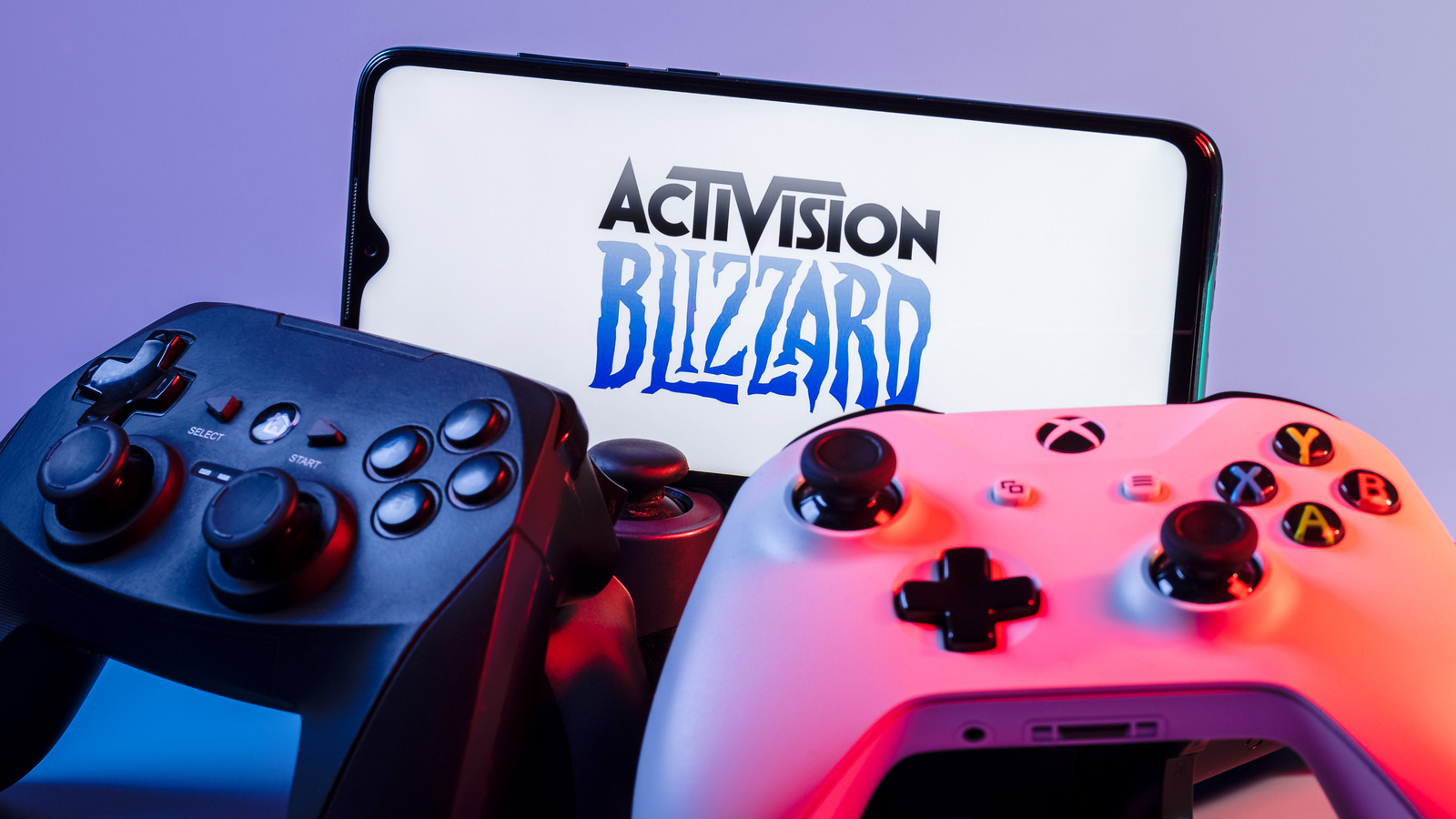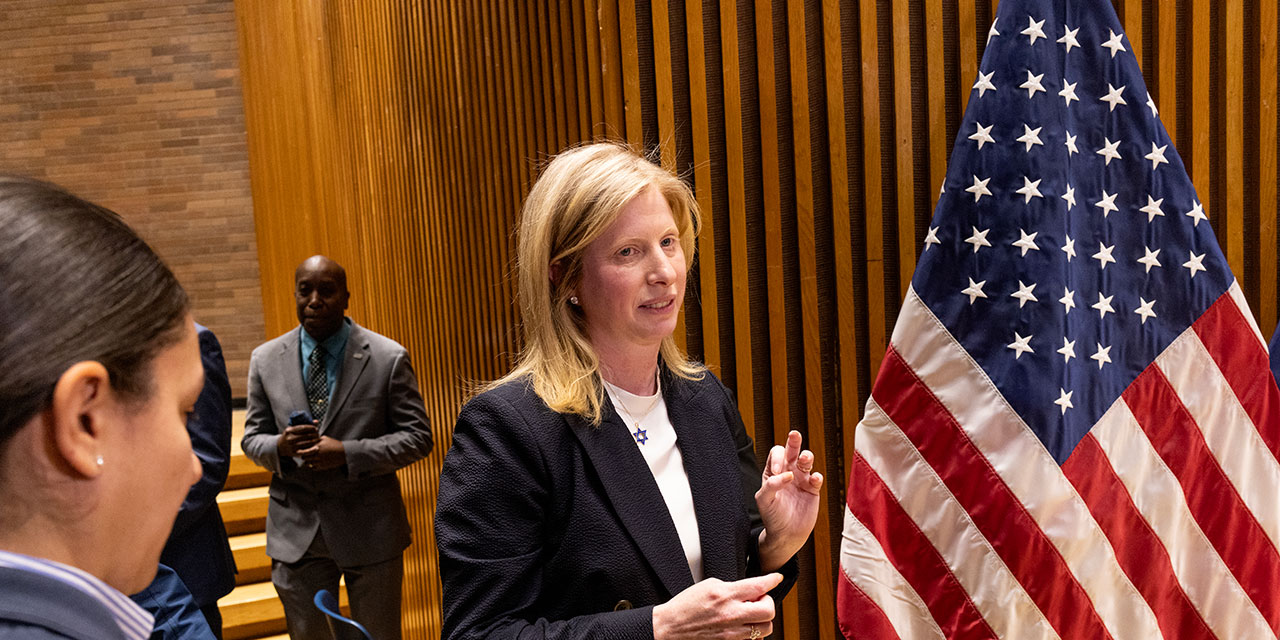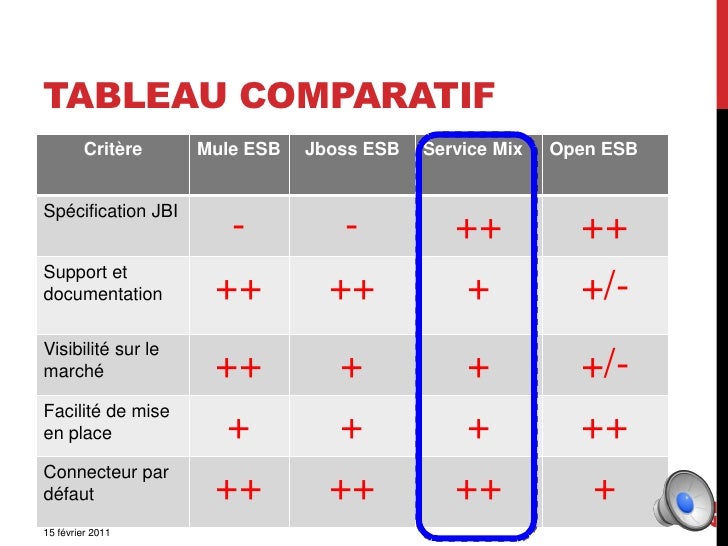FTC's Appeal Against Microsoft-Activision Merger Approval

Table of Contents
The FTC's Initial Arguments Against the Merger
The FTC's initial opposition to the Microsoft-Activision merger stemmed from concerns about the potential for reduced competition within the gaming market. Their arguments centered on the idea that Microsoft, already a significant player with its Xbox console and Game Pass subscription service, acquiring Activision Blizzard – home to iconic franchises like Call of Duty, World of Warcraft, and Candy Crush – would create an unfair monopoly.
The FTC highlighted several key concerns:
- Reduced competition leading to higher prices for gamers: By controlling popular franchises, Microsoft could potentially raise prices, limit access, or even make games exclusive to Xbox, harming players on other platforms.
- Stifled innovation due to less competition: A lack of competition can stifle innovation, as a dominant player may not feel the pressure to improve its products or services.
- Potential for anti-competitive practices by Microsoft: The FTC worried that Microsoft could use its newfound power to unfairly disadvantage competitors, shutting them out of deals or creating barriers to entry for new players in the market. This includes concerns about potential exclusionary practices in cloud gaming.
Microsoft's Defense and Proposed Remedies
Microsoft, in its defense, argued that the merger would ultimately benefit gamers. They presented several arguments and proposed remedies to address the FTC's concerns:
- Microsoft's commitment to ensuring fair competition: Microsoft pledged to maintain the availability of Activision Blizzard games across multiple platforms, including PlayStation, Nintendo Switch, and PC, ensuring continued competition.
- Proposed agreements to maintain availability of Activision games: They offered ten-year agreements to guarantee the continued availability of Call of Duty and other key franchises on competing platforms.
- Arguments that the merger would benefit gamers: Microsoft argued the merger would lead to increased innovation, broader access to games through Game Pass, and potentially lower prices due to economies of scale.
The Judge's Ruling and the FTC's Appeal
Initially, a federal judge ruled in favor of allowing the merger to proceed, rejecting the FTC's attempt to block it. This ruling prompted the FTC to file its appeal, arguing that the judge's decision overlooked critical aspects of their antitrust concerns. The FTC's appeal is based on several legal grounds, contesting the judge's interpretation of market dynamics and the potential for anti-competitive behavior.
- Summary of the court's decision: The court's decision emphasized the perceived lack of sufficient evidence to prove the merger would create a monopoly or significantly harm competition.
- FTC's dissatisfaction with the ruling: The FTC strongly disagreed, arguing the court failed to adequately assess long-term implications for the gaming market and the potential for harm.
- Specific legal grounds for the appeal: The appeal focuses on the judge's assessment of market definition, the analysis of competitive effects, and the weight given to Microsoft's proposed remedies.
Potential Outcomes of the Appeal and Their Implications
Several potential outcomes emerge from the FTC's appeal:
- Merger approval upheld: If the appeal is unsuccessful, the Microsoft-Activision merger will proceed, potentially reshaping the gaming landscape.
- Merger blocked: A successful appeal would block the merger, leaving the gaming industry relatively unchanged.
- Negotiated settlement: It is possible a negotiated settlement could be reached, where Microsoft agrees to further concessions to address the FTC's concerns.
Each outcome has profound implications for Microsoft, Activision, competing game developers and publishers, and ultimately, the players. A blocked merger would likely maintain the status quo, while an approved merger could lead to significant changes in game pricing, availability, and the overall competitive dynamics of the gaming market.
Conclusion: The Future of the FTC's Appeal Against Microsoft-Activision Merger Approval
The FTC's appeal against the Microsoft-Activision merger approval represents a crucial moment in the ongoing debate surrounding competition and consolidation within the gaming industry. The arguments presented by both sides highlight the complex challenges of regulating mergers in rapidly evolving digital markets. The outcome of this appeal will have a lasting impact, shaping the competitive landscape for years to come. Understanding the potential implications of this landmark case is essential.
Call to action: Stay informed about the latest developments in the "FTC's Appeal Against Microsoft-Activision Merger Approval" by following [link to relevant news source/website]. Understand the potential implications of this landmark case on the future of gaming competition. Keep up-to-date on the evolving landscape of the Microsoft-Activision merger and the FTC’s ongoing challenge.

Featured Posts
-
 Death Of Bernard Kerik Remembering The 9 11 Nyc Police Commissioner
May 31, 2025
Death Of Bernard Kerik Remembering The 9 11 Nyc Police Commissioner
May 31, 2025 -
 Foire Au Jambon 2025 Explosion Des Frais D Organisation Et Deficit La Ville De Bayonne Seule Responsable
May 31, 2025
Foire Au Jambon 2025 Explosion Des Frais D Organisation Et Deficit La Ville De Bayonne Seule Responsable
May 31, 2025 -
 Ingenierie Castor Testee Etude Comparative Sur Deux Cours D Eau Dromois
May 31, 2025
Ingenierie Castor Testee Etude Comparative Sur Deux Cours D Eau Dromois
May 31, 2025 -
 Mobile Game Makers Apple Ruling Signals A Potential Windfall
May 31, 2025
Mobile Game Makers Apple Ruling Signals A Potential Windfall
May 31, 2025 -
 Current Covid 19 Trends Indias Response To The Xbb 1 16 Variant Surge
May 31, 2025
Current Covid 19 Trends Indias Response To The Xbb 1 16 Variant Surge
May 31, 2025
